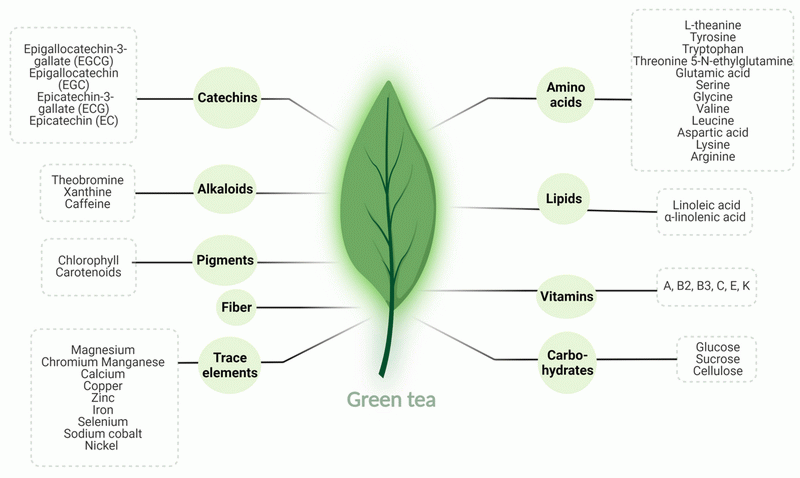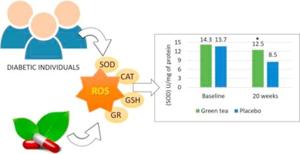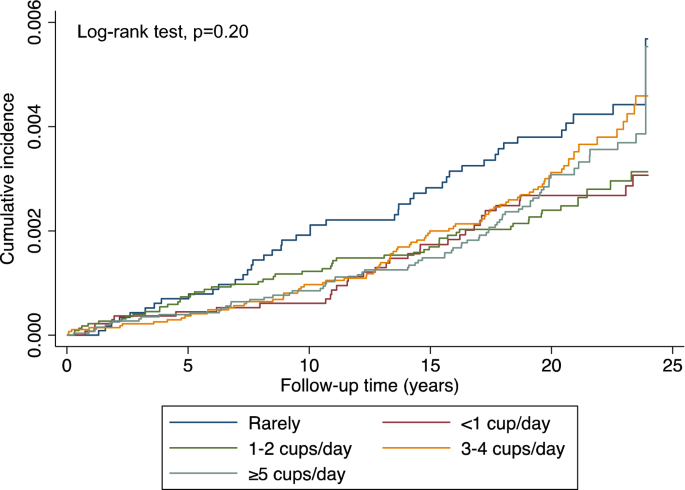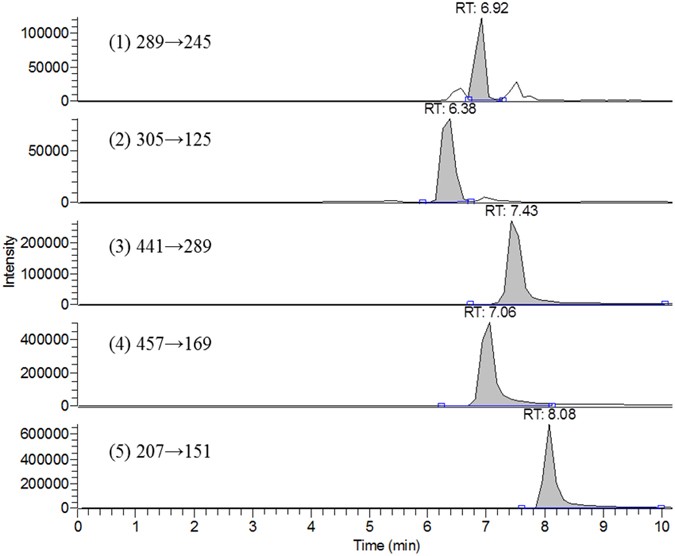Content Menu
● Understanding Green Tea Extracts
● Potential Risks of Green Tea Extract
>> Key Points on Risks:
● Benefits of Green Tea for Kidney Health
>> Benefits Include:
● The Role of Caffeine and Other Compounds
● Research Findings on Green Tea and Kidney Health
● Guidelines for Safe Consumption
● Potential Concerns Related to Green Tea Consumption
● Conclusion
● FAQ
>> 1. Can drinking green tea cause kidney stones?
>> 2. What are the symptoms of kidney damage from green tea?
>> 3. Is it safe to take green tea supplements?
>> 4. How much green tea is considered safe?
>> 5. Can green tea improve kidney function?
● Citations:
Green tea has long been celebrated for its health benefits, including its potential to aid in weight loss, improve heart health, and even reduce the risk of certain cancers. However, the rise of concentrated green tea extracts has raised questions about their safety, particularly regarding kidney health. This article delves into the relationship between green tea extract and kidney damage, exploring both the potential risks and benefits.

Understanding Green Tea Extracts
Green tea extracts are derived from the leaves of the *Camellia sinensis* plant and are rich in antioxidants known as polyphenols, particularly catechins. The most studied catechin is Epigallocatechin-3-gallate (EGCG), which is believed to contribute to many of green tea's health benefits. While moderate consumption of brewed green tea is generally considered safe, concentrated extracts can pose risks when taken in high doses.
Potential Risks of Green Tea Extract
Research indicates that high doses of green tea extract can lead to adverse effects on the liver and kidneys. A notable case involved a man who required a liver transplant after consuming high doses of green tea supplements. Reports have documented over 80 cases of acute liver damage linked to these extracts, prompting health authorities to issue warnings about their use.
Key Points on Risks:
- High Doses: The European Food Safety Authority suggests that doses exceeding 800 milligrams per day may pose health concerns.
- Susceptibility: Individuals with pre-existing liver or kidney issues may be more susceptible to the adverse effects of concentrated green tea extracts.
- Symptoms: Signs of potential kidney damage include nausea, dark urine, unusual fatigue, and yellowing of the skin or eyes.
Benefits of Green Tea for Kidney Health
Despite the risks associated with high doses, moderate consumption of brewed green tea may offer protective benefits for kidney health. Studies have shown that EGCG can help reduce oxidative stress and inflammation in kidney cells, potentially preventing chronic kidney disease (CKD) progression.
Benefits Include:
- Antioxidant Properties: Green tea's polyphenols combat free radicals, reducing cellular damage in kidneys.
- Kidney Stone Prevention: Some studies suggest that green tea may help prevent the formation of calcium oxalate crystals, which are responsible for kidney stones.
- Improved Renal Function: Regular consumption has been linked to improved renal function and reduced risk factors for CKD.

The Role of Caffeine and Other Compounds
Green tea contains caffeine, which can affect kidney function if consumed excessively. High caffeine intake may lead to dehydration and increased strain on the kidneys. Additionally, green tea contains oxalates, which can theoretically contribute to kidney stone formation in susceptible individuals; however, research suggests that moderate consumption does not significantly increase this risk.
Research Findings on Green Tea and Kidney Health
Recent studies have provided insights into how green tea might protect against kidney damage:
- Oxidative Stress Reduction: A study indicated that EGCG reduces oxidative stress in renal cells, which is crucial for maintaining kidney function. By minimizing oxidative damage, EGCG helps preserve glomerular filtration rates and overall renal health[1].
- Diabetic Nephropathy Prevention: Research has shown that regular consumption of green tea may help prevent diabetic nephropathy by reducing hyperfiltration in kidneys and preventing protein loss in urine[2]. This is particularly important as diabetes is a leading cause of CKD.
- Kidney Stone Formation: Contrary to some beliefs, studies suggest that green tea does not contribute to kidney stone formation. Instead, it may alter the shape of calcium oxalate crystals, making them less likely to aggregate and form stones[3].

Guidelines for Safe Consumption
To enjoy the benefits of green tea while minimizing risks:
- Limit intake to 2-3 cups per day for most individuals.
- Avoid concentrated extracts unless supervised by a healthcare provider.
- Stay well-hydrated to help prevent potential kidney stone formation.
Potential Concerns Related to Green Tea Consumption
While there are many potential benefits associated with green tea consumption, it is essential to consider several concerns:
- Kidney Stone Formation: Certain components in green tea could theoretically increase the risk of kidney stone formation in susceptible individuals when consumed in large quantities. However, existing research on this association remains inconclusive[4].
- Interaction With Medications: Green tea may interact with certain medications, including blood thinners and statins. It is advisable for individuals on medication to consult their healthcare provider before increasing their green tea intake.
- Toxicity at High Doses: High doses of green tea extract have been associated with liver toxicity as well as nausea and abdominal pain. These side effects seem more likely when using concentrated extracts rather than brewed green tea[5].
Conclusion
In summary, while there are potential risks associated with high doses of green tea extract—especially concerning liver and kidney health—moderate consumption of brewed green tea appears to be safe and may even provide protective benefits against kidney damage. Individuals with pre-existing conditions should consult healthcare professionals before increasing their intake.

FAQ
1. Can drinking green tea cause kidney stones?
Moderate consumption of green tea is unlikely to cause kidney stones; in fact, it may help prevent their formation by altering the shape of calcium oxalate crystals.
2. What are the symptoms of kidney damage from green tea?
Symptoms include nausea, dark urine, fatigue, and yellowing skin or eyes. If these occur after consuming green tea extracts, consult a doctor immediately.
3. Is it safe to take green tea supplements?
While moderate amounts are generally safe, high doses can pose risks. It's best to consult a healthcare provider before using supplements.
4. How much green tea is considered safe?
Most experts recommend limiting intake to 2-3 cups per day for optimal health benefits without significant risks.
5. Can green tea improve kidney function?
Research suggests that moderate consumption may help improve renal function and reduce oxidative stress in kidneys.
Citations:
[1] https://pmc.ncbi.nlm.nih.gov/articles/PMC6370267/
[2] https://yourkidneydietitian.com/green-tea-and-ckd-what-patients-need-to-know/
[3] https://www.frontiersin.org/journals/nutrition/articles/10.3389/fnut.2022.801591/full
[4] https://www.lybrate.com/topic/green-tea-for-kidney/5de11f9a07cef30fd0ba5bce849b4776
[5] https://www.nature.com/articles/s41598-022-24090-z
[6] https://pubmed.ncbi.nlm.nih.gov/39173271/
[7] https://dreamofjapan.com/blogs/japanese-tea-stories/is-green-tea-bad-for-your-kidneys
[8] https://www.iflscience.com/high-doses-of-green-tea-extract-could-cause-severe-liver-and-kidney-damage-50329































